The effectiveness of creatine in endurance training (i.e. endurance athletes) has been hotly debated.
It seems that creatine is beneficial for almost any form of exercise, but there is more research on the effects of creatine supplementation on endurance athletes such as runners, cyclists and weight lifters. There is some evidence that it could support aerobic endurance performance and as far as today there are no studies to support any negative effects of creatine supplements.
A study in the Journal of Strength and Conditioning Research examined the effects of creatine supplementation on lactate levels in a group of endurance athletes and showed that it improved the lactate threshold for endurance regardless of the effect of intense endurance training.
Creatine can be an effective means of increasing performance and endurance, considering its effects on exercise. Creatine supplementation increases the body’s creatine stores, improving the ability to work longer at higher intensities, for example when sprinting over a longer period of time. One of the main advantages of creatine supplementation is that you can train at a higher intensity than if you did not.
Creatine also increases anaerobic and cardiovascular capacity, and this may prove useful in sports where bursts of speed and strength are built-in. There is also evidence that creatine supplementation improves endurance performance by increasing the ability to exercise under high workloads.
Athletes who rely on their stamina can benefit from creatine supplementation, so if you are a bodybuilder, athlete or CrossFitter and are looking for an added benefit, this may work for you. The bottom line is that athletes with creatine may take a few more reps, become heavier, and increase the intervals when creatine is readily available. If you are interested in creatine for cardio training, you can measure your performance and see for yourself if it gives you a boost.


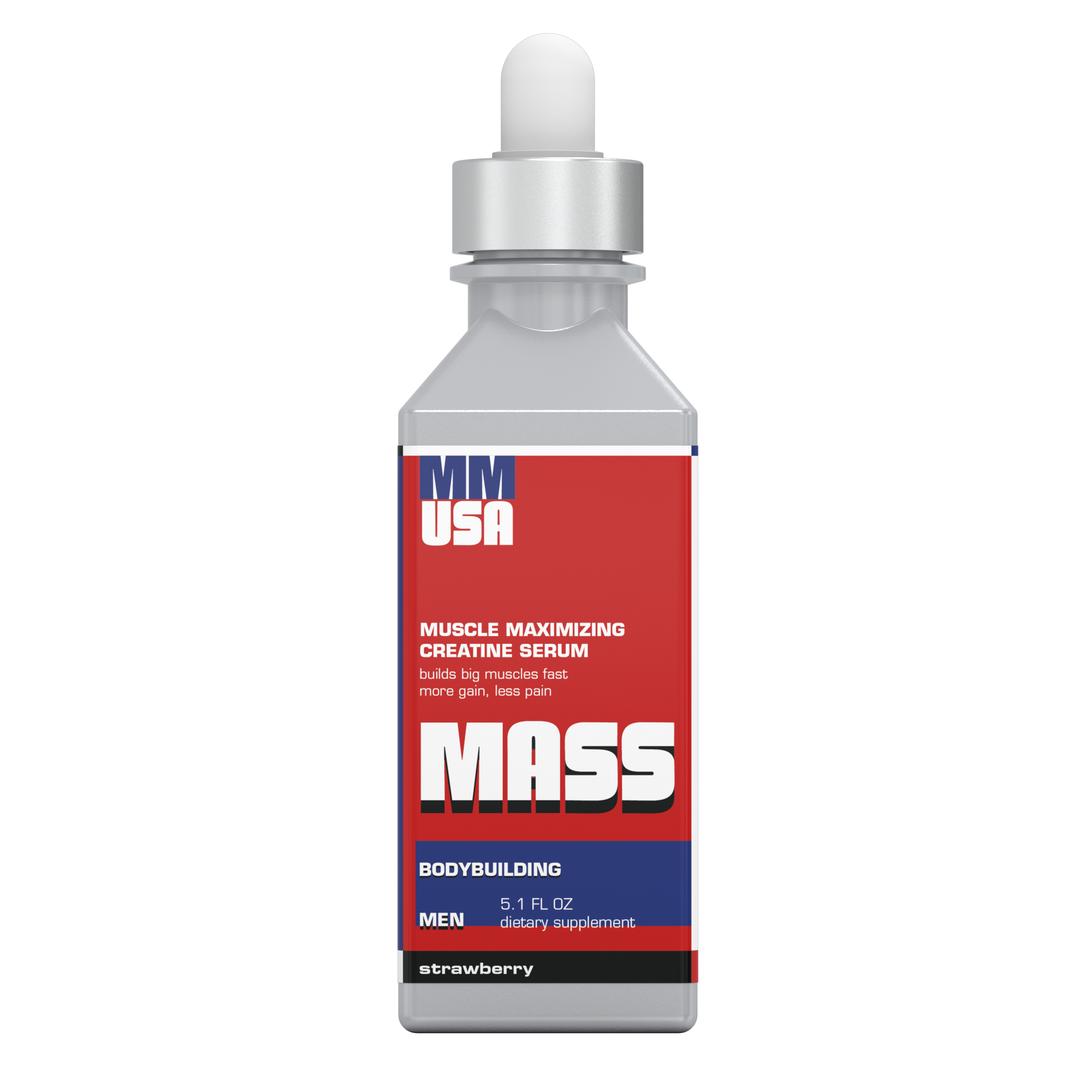 Mass Muscle Maximizing Creatine Serum
A perfect option for the resul...
Mass Muscle Maximizing Creatine Serum
A perfect option for the resul...
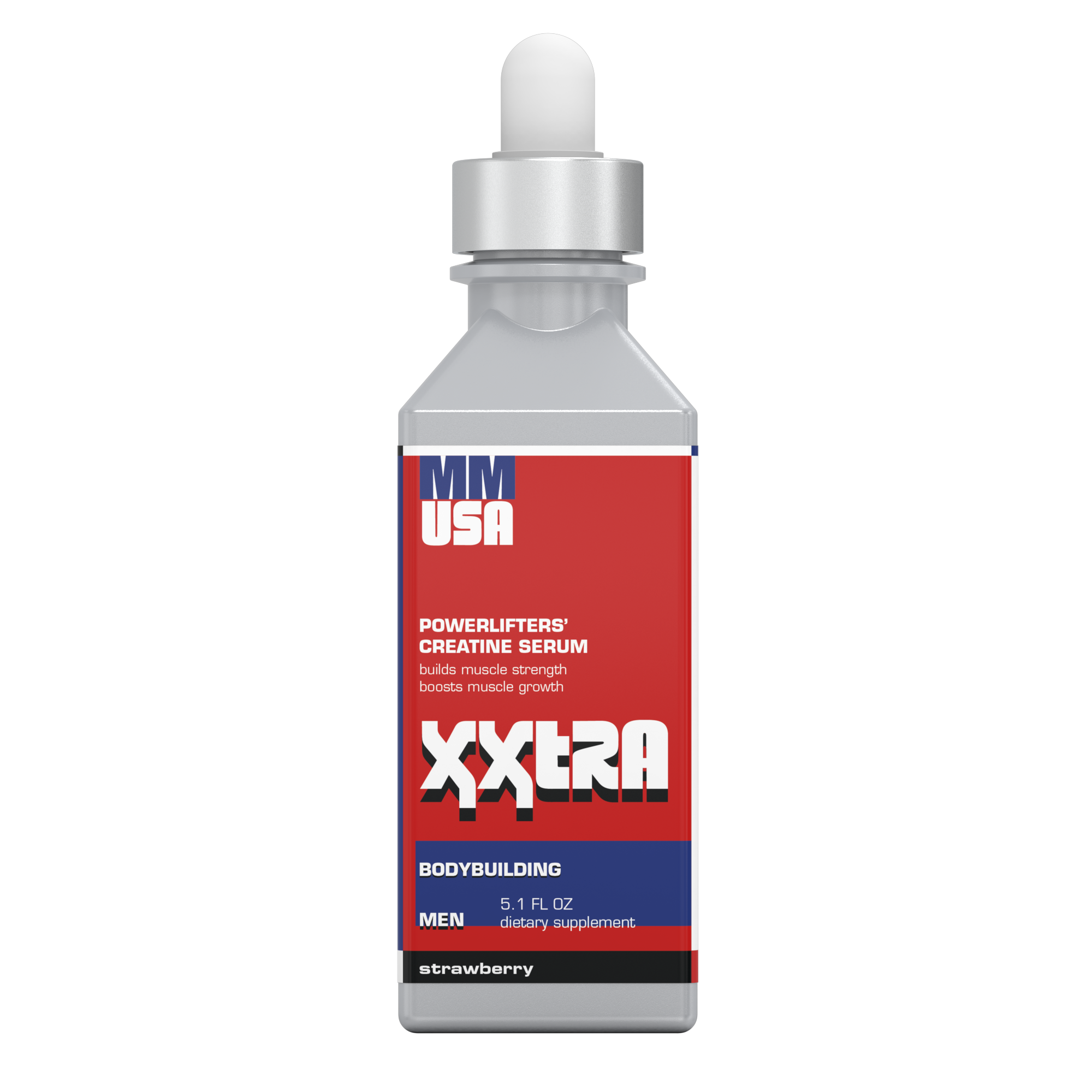 XXTRA Powerlifter's Creatine Serum
Powerful and potent blend of a...
XXTRA Powerlifter's Creatine Serum
Powerful and potent blend of a...
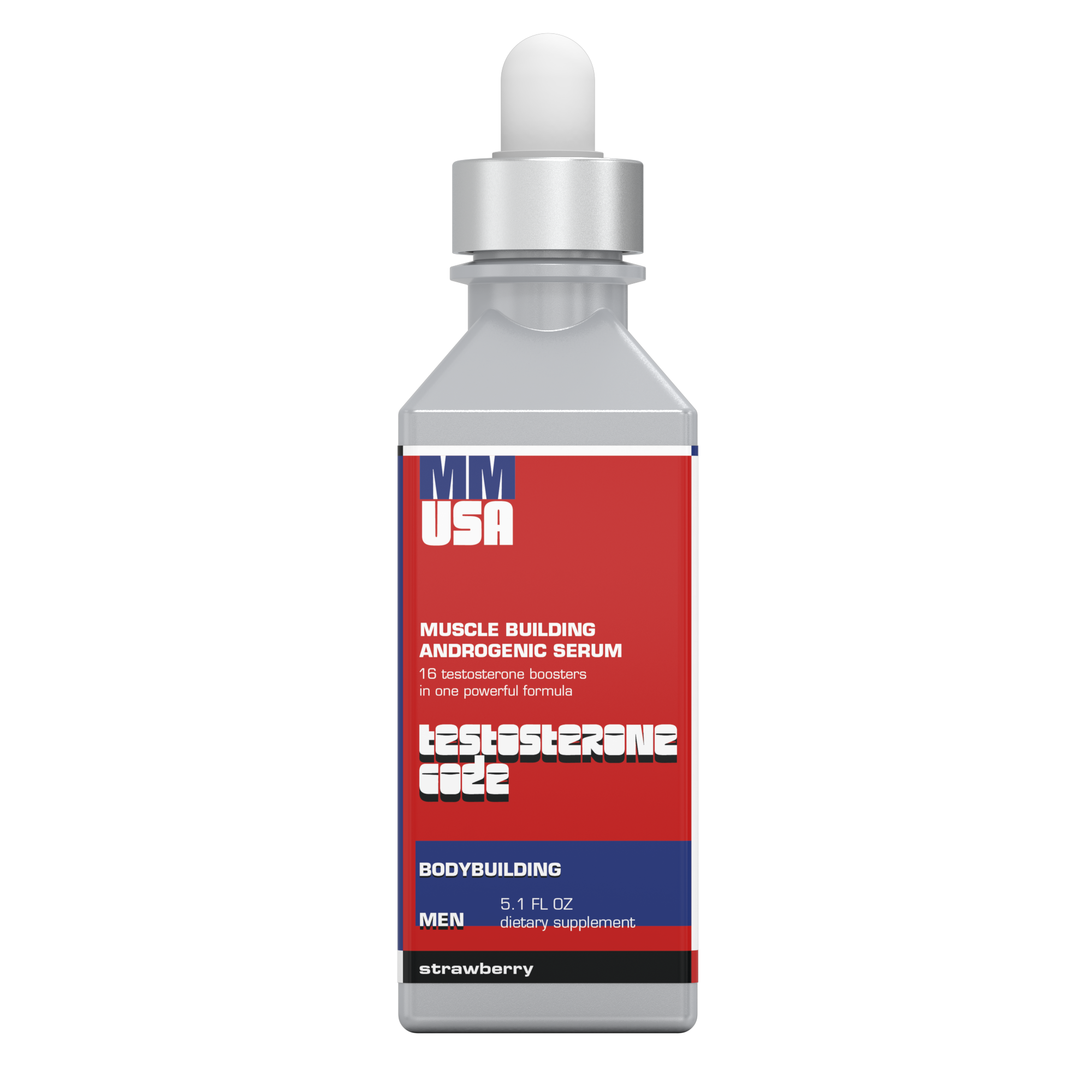 Testosterone Code Muscle Building Androgenic Serum
Natural testosterone boosting ...
Testosterone Code Muscle Building Androgenic Serum
Natural testosterone boosting ...
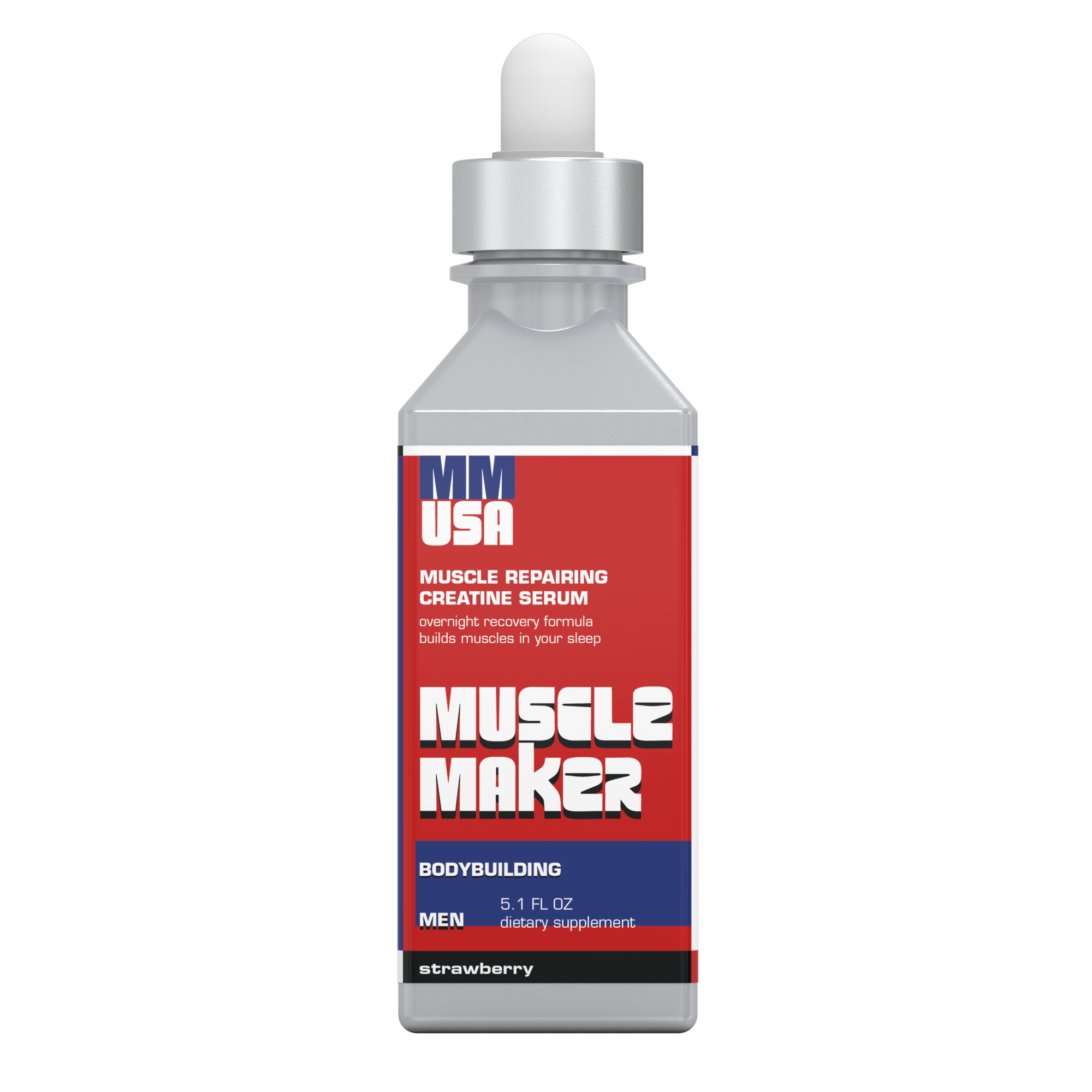 Muscle Maker Repairing Creatine Serum
Post workout formula pack with...
Muscle Maker Repairing Creatine Serum
Post workout formula pack with...
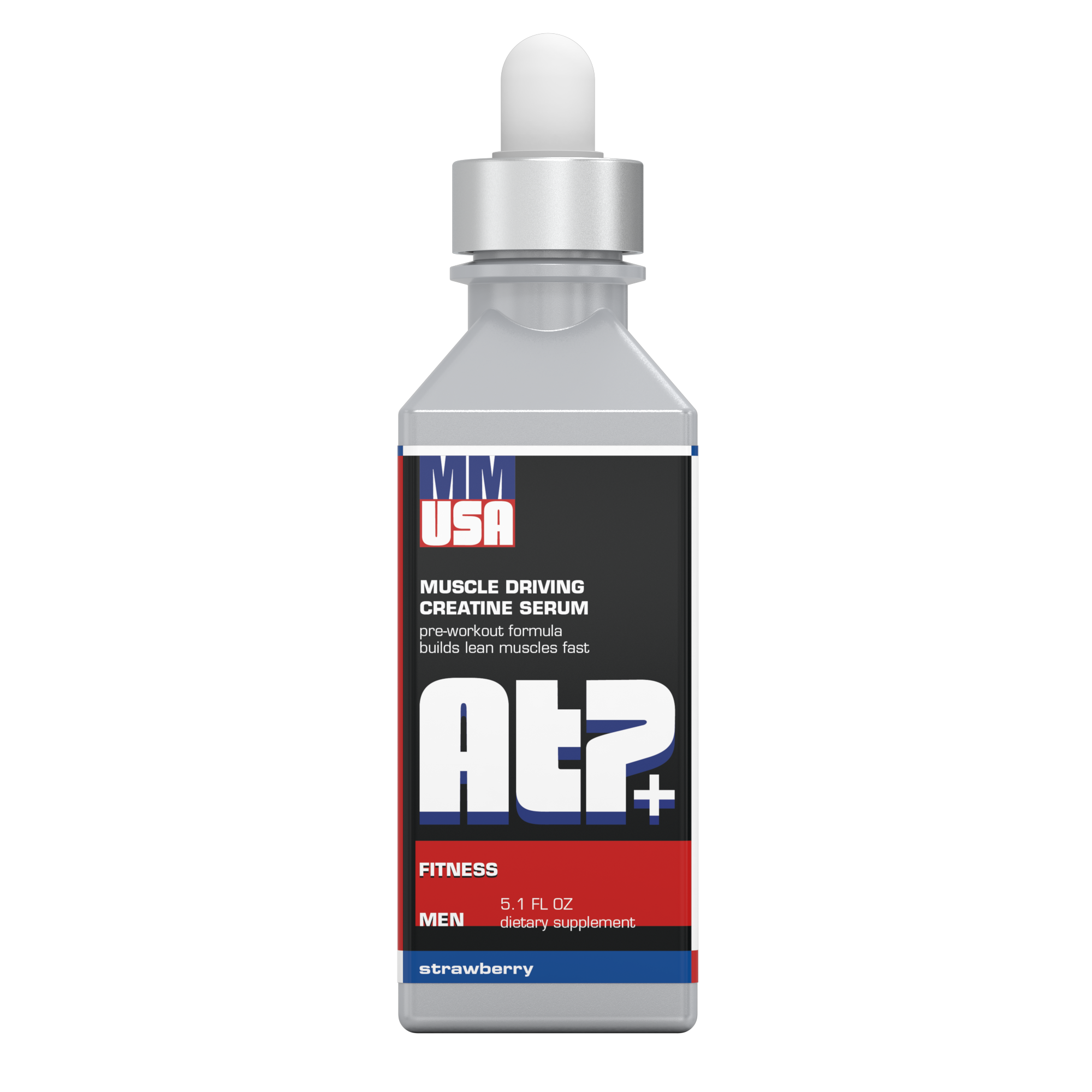 ATP+ Muscle Driving Creatine Serum
Helps maintain healthy joints ...
ATP+ Muscle Driving Creatine Serum
Helps maintain healthy joints ...
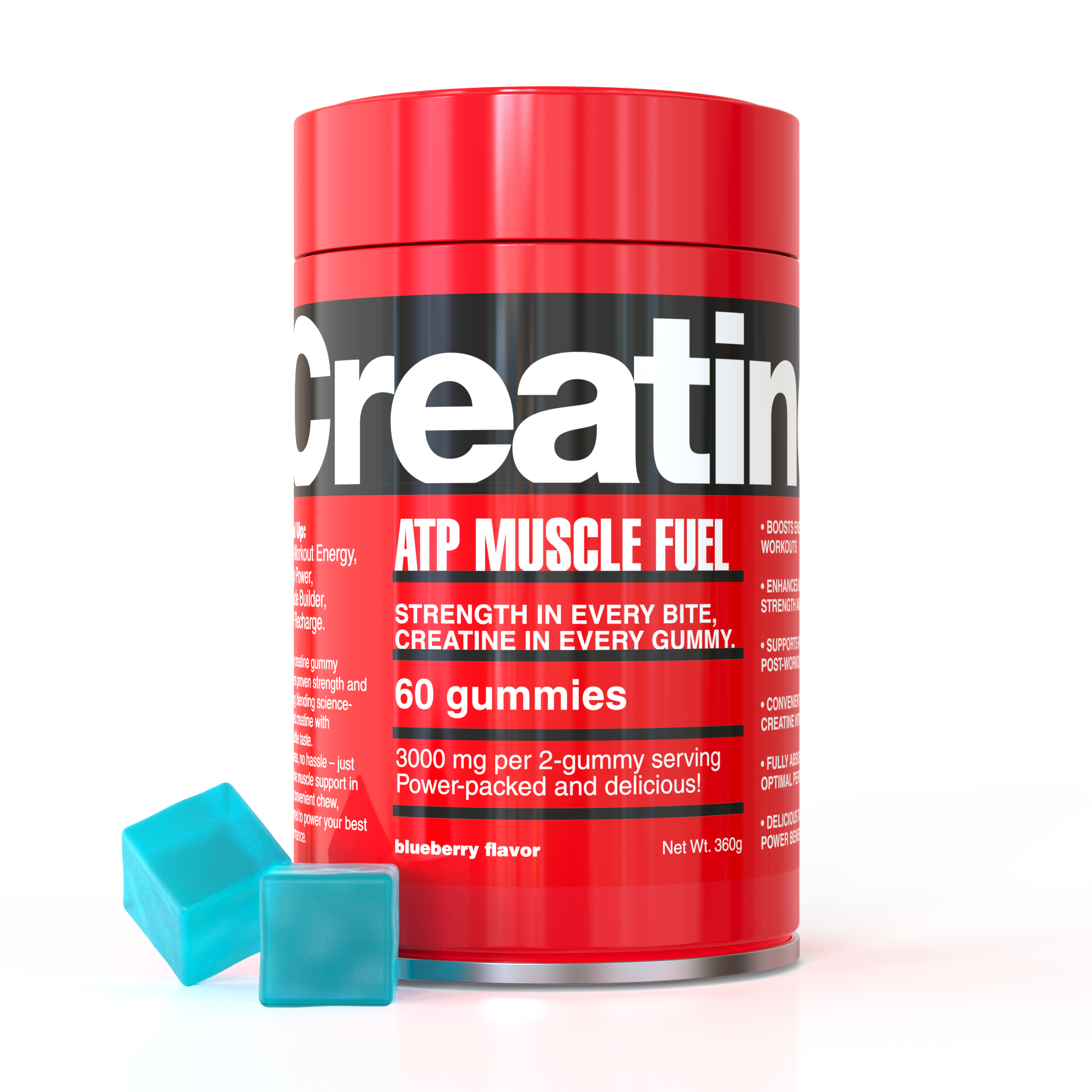 ATP Muscle Fuel Creatine Gummies
ATP Muscle Fuel Creatine Gummies
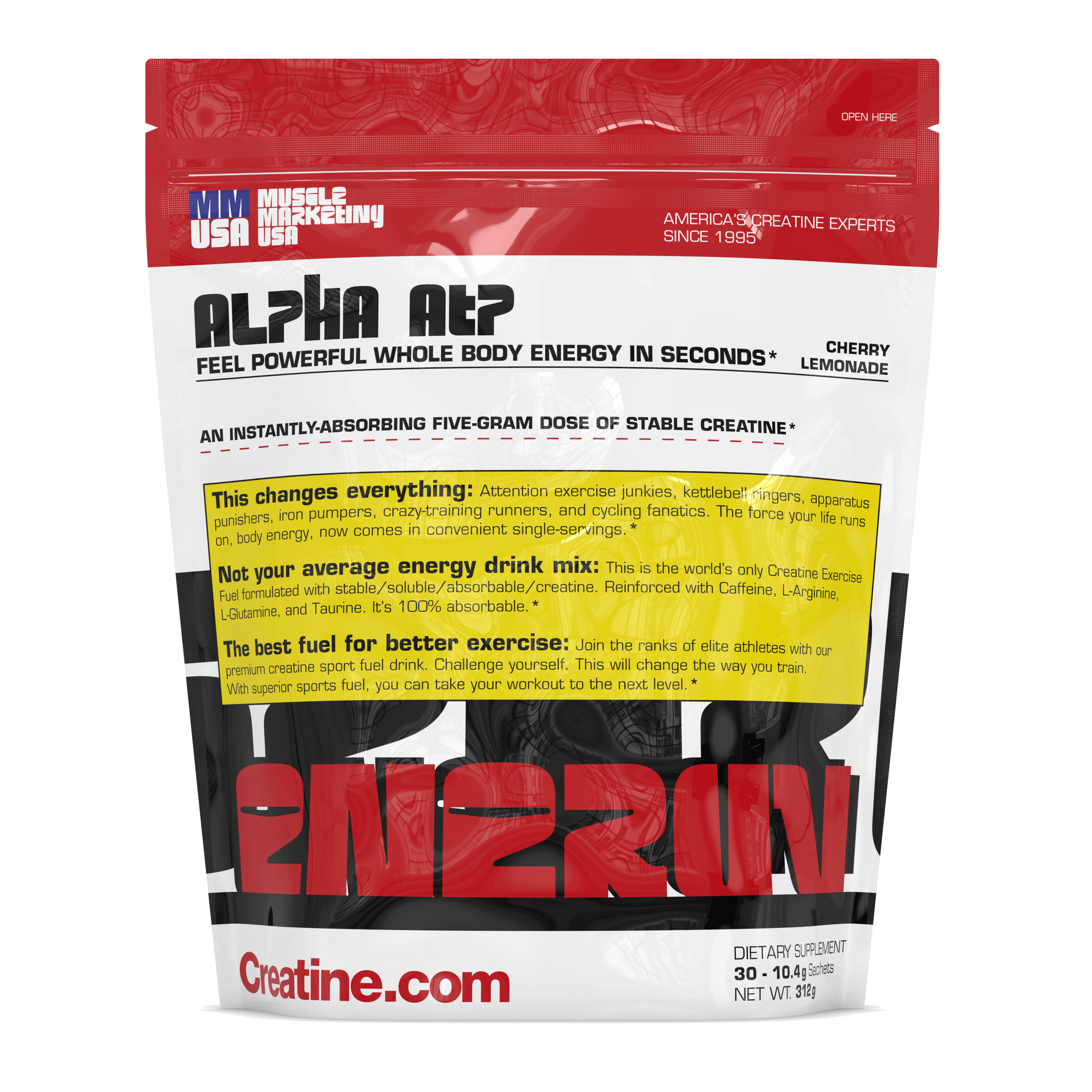 Alpha ATP
STAY AHEAD OF THE PACK, NO MAT...
Alpha ATP
STAY AHEAD OF THE PACK, NO MAT...
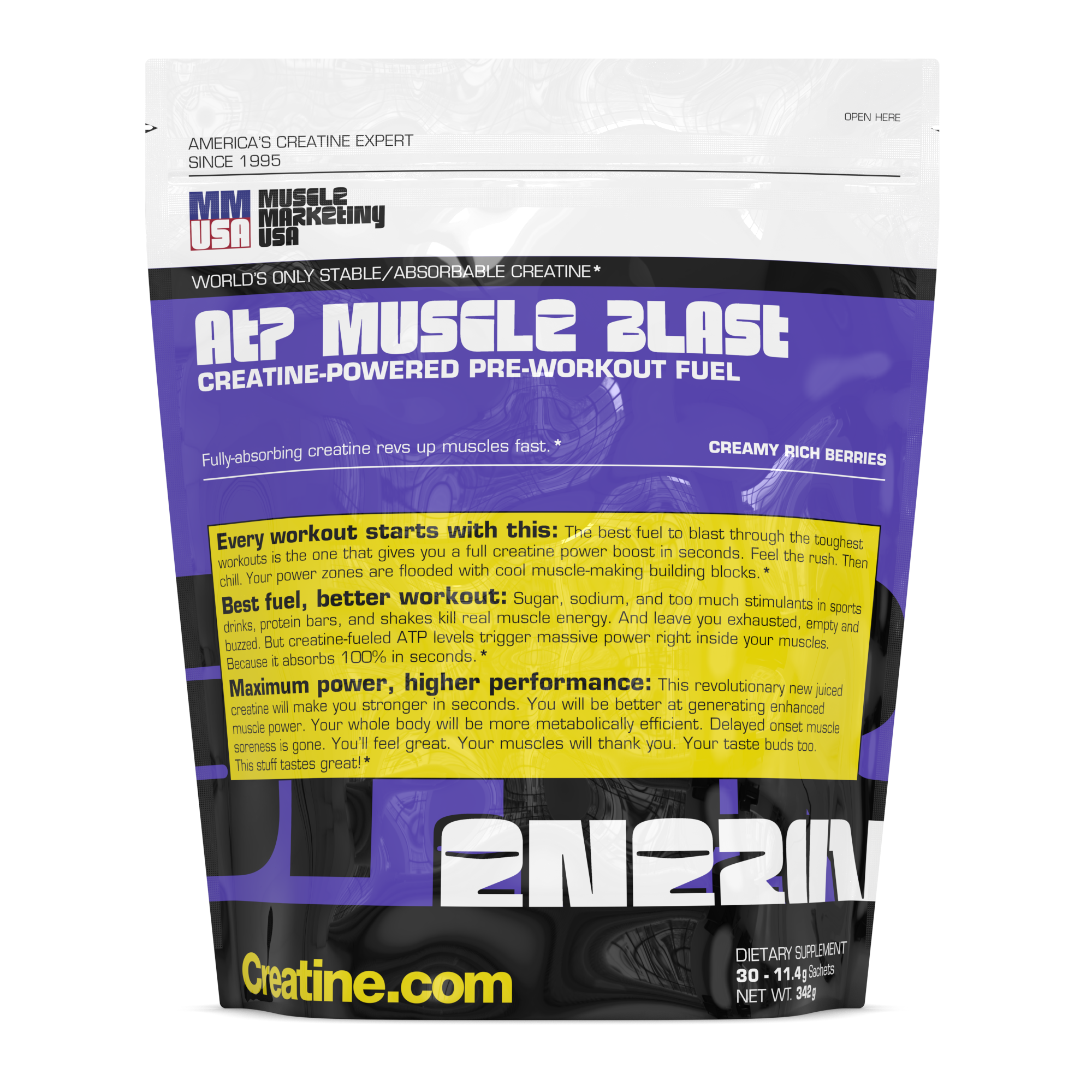 ATP Muscle Blast
ATP Muscle Blast
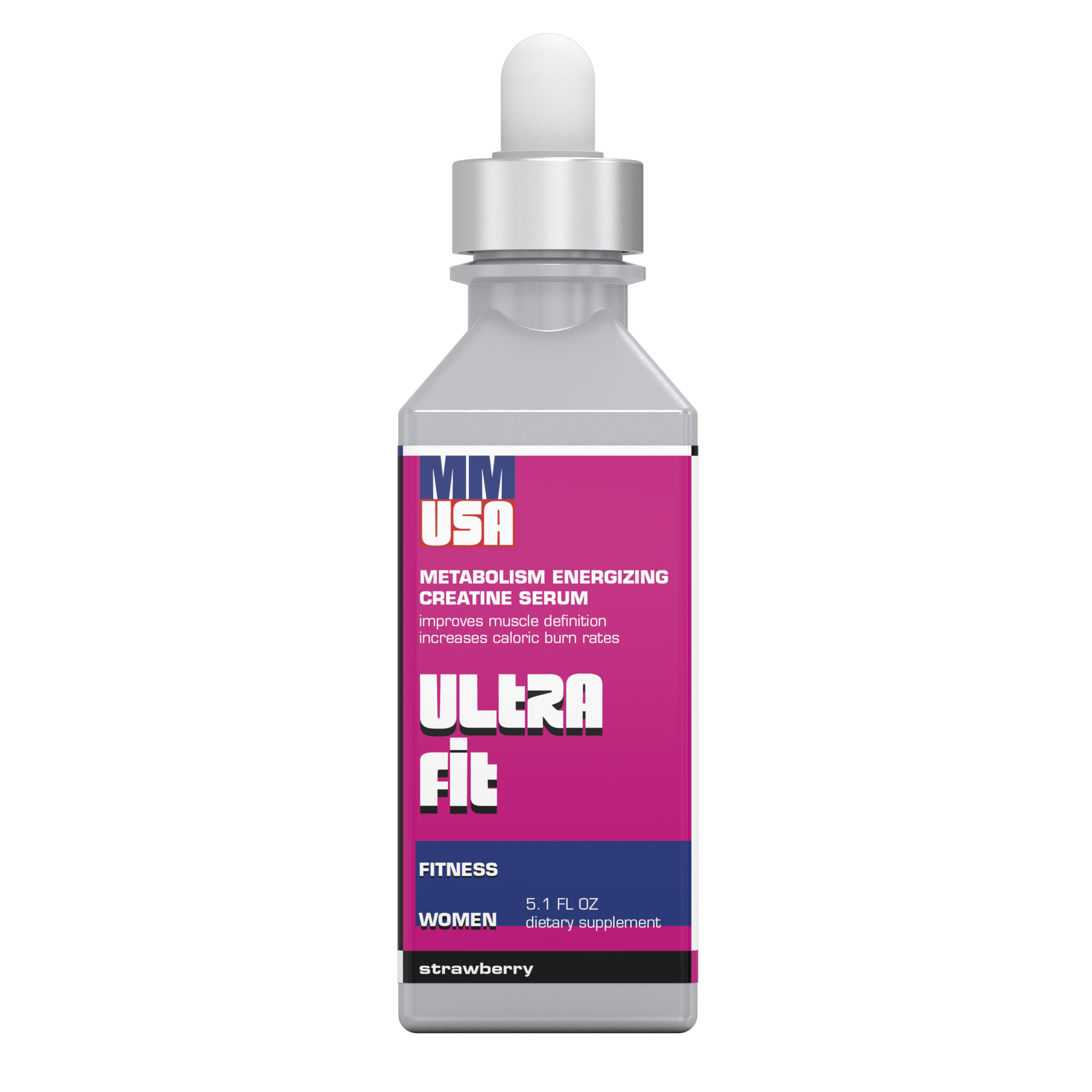 Ultra Fit Metabolism Energizing Creatine Serum
Pre-workout energizer + nouris...
Ultra Fit Metabolism Energizing Creatine Serum
Pre-workout energizer + nouris...
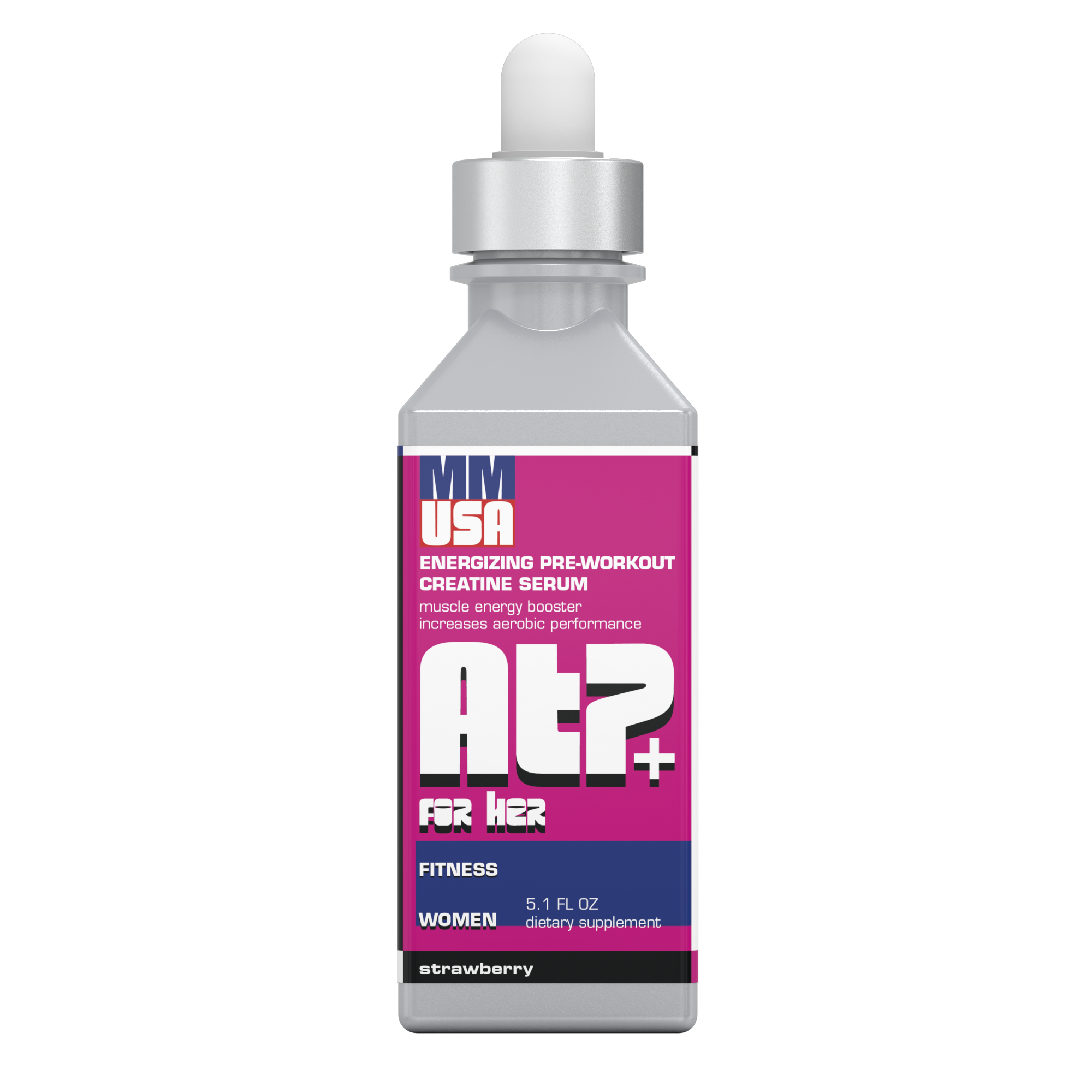 ATP+ For Her Energizing Pre-Workout Creatine Serum
Improves flexibility and boost...
ATP+ For Her Energizing Pre-Workout Creatine Serum
Improves flexibility and boost...
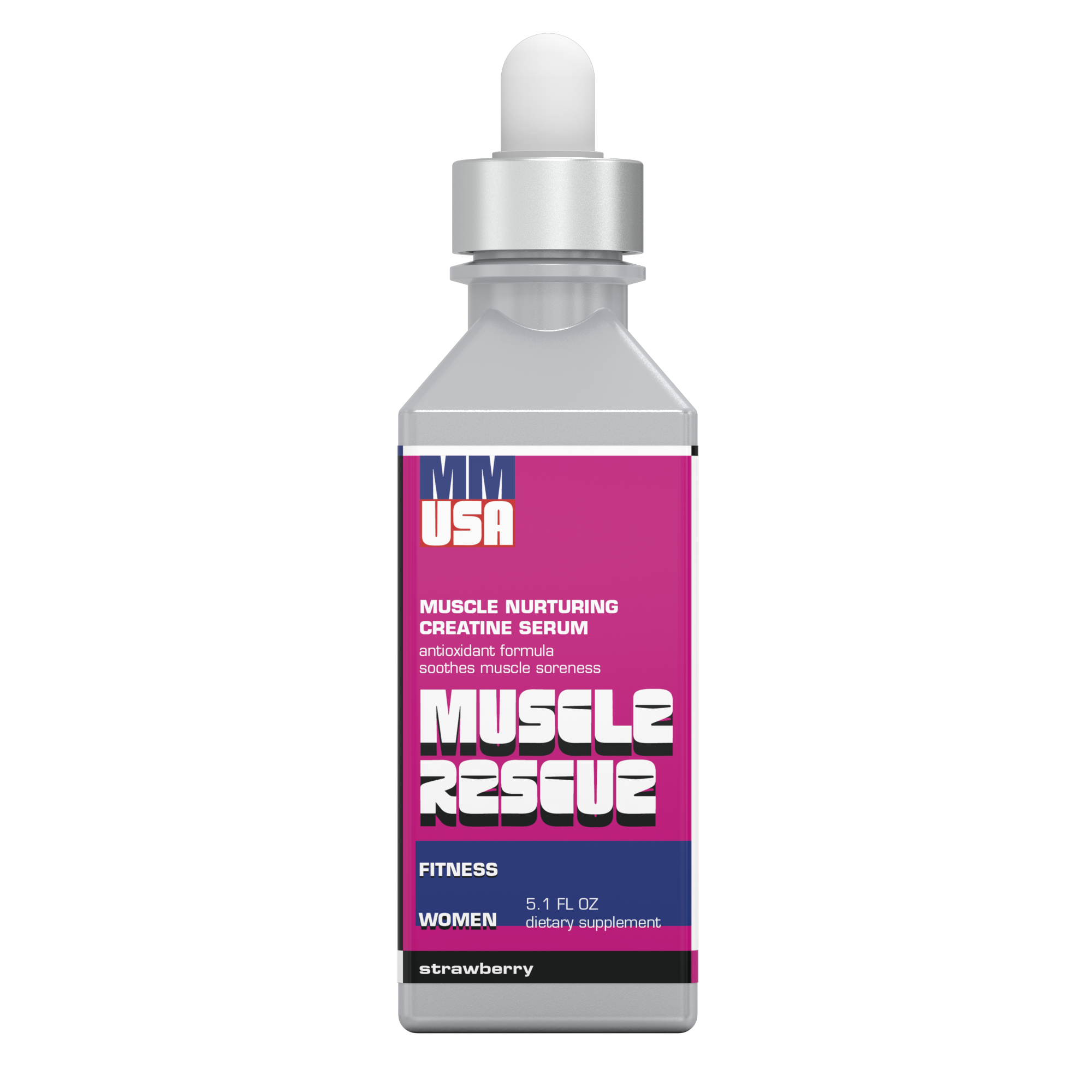 Muscle Rescue Nurturing Creatine Serum
Post workout recovery formula ...
Muscle Rescue Nurturing Creatine Serum
Post workout recovery formula ...
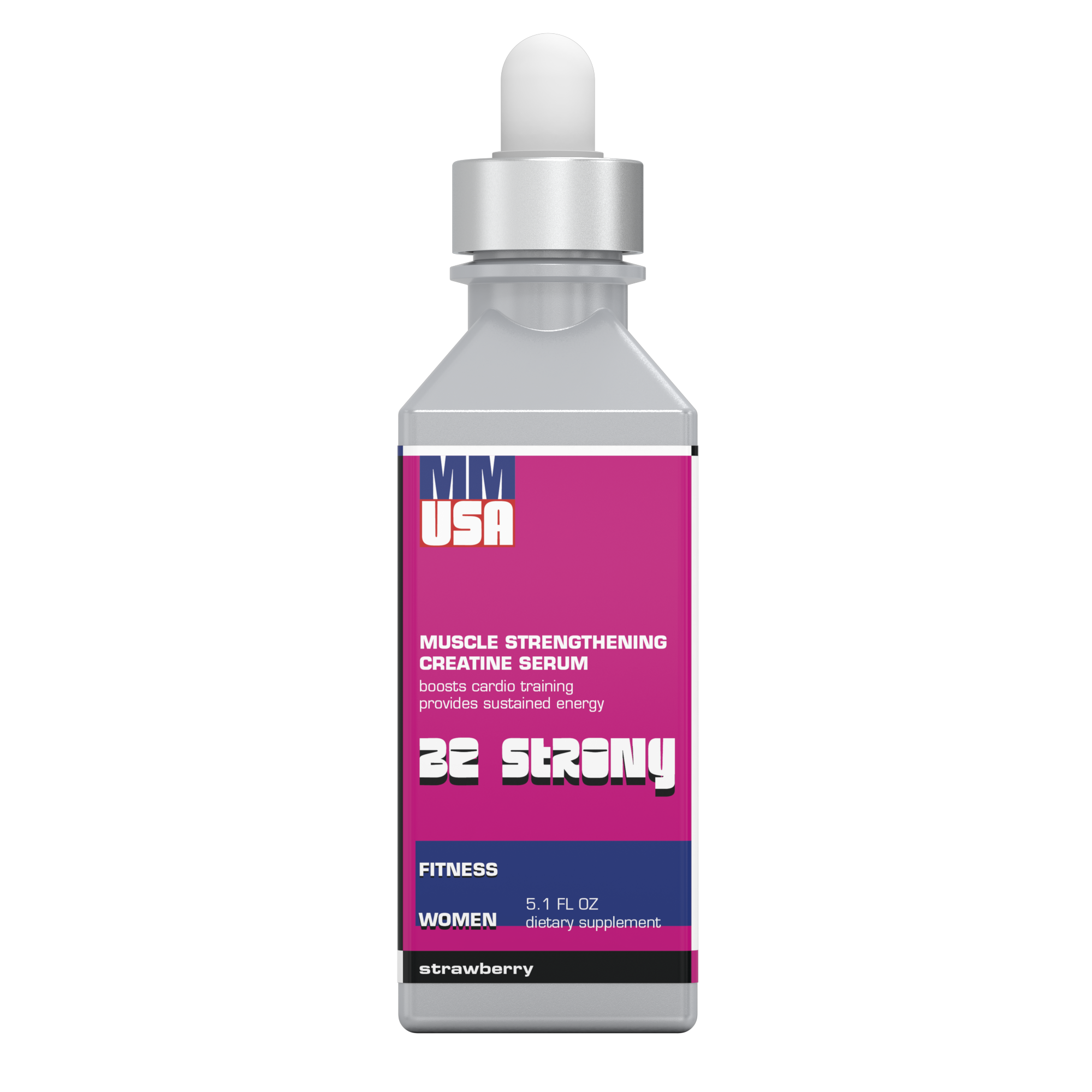 Be Strong Muscle Strengthening Creatine Serum
Helps you tone, sculpt and s...
Be Strong Muscle Strengthening Creatine Serum
Helps you tone, sculpt and s...
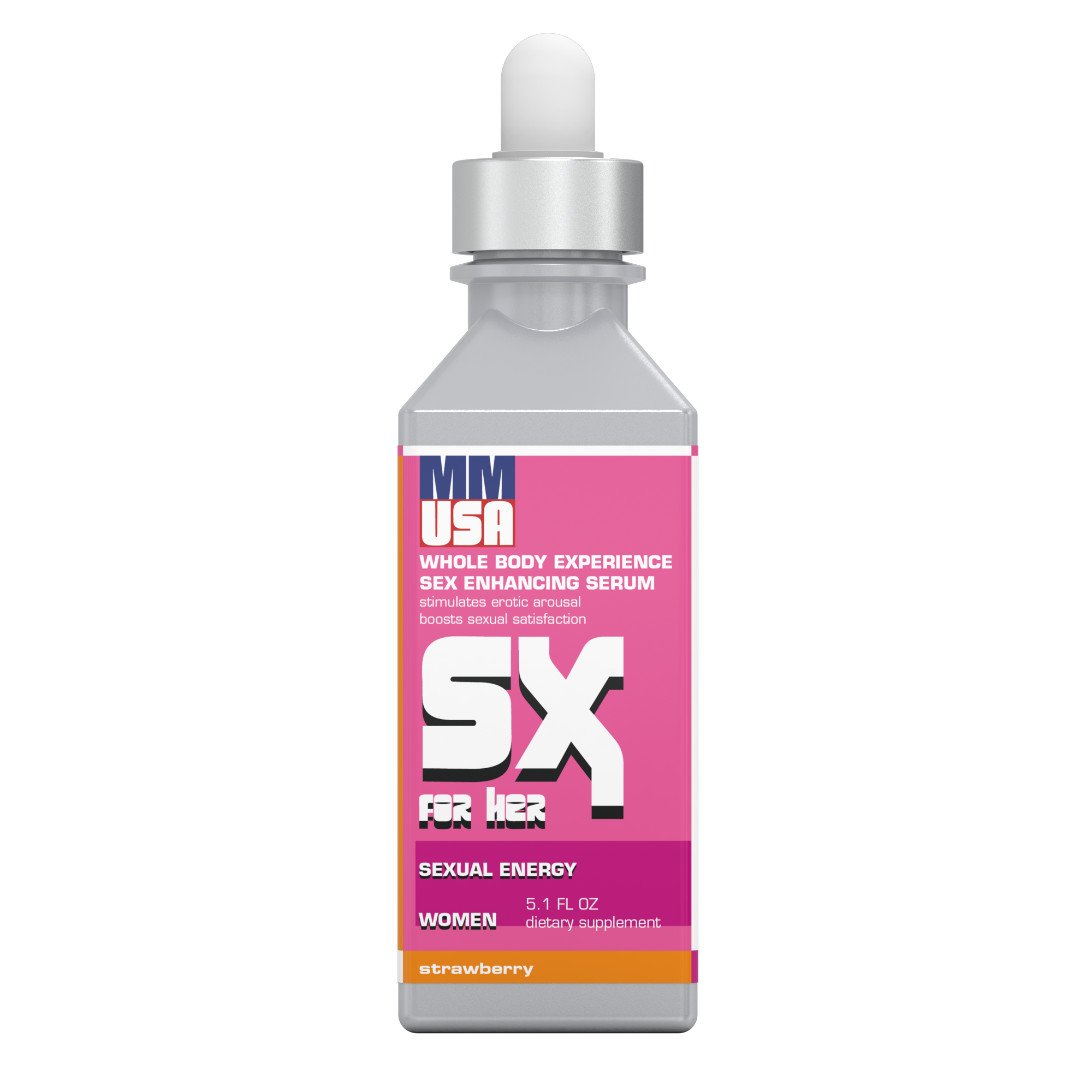 SX for Her Whole Body Experience Sex Enhancing Serum
Made with the most potent ingr...
SX for Her Whole Body Experience Sex Enhancing Serum
Made with the most potent ingr...
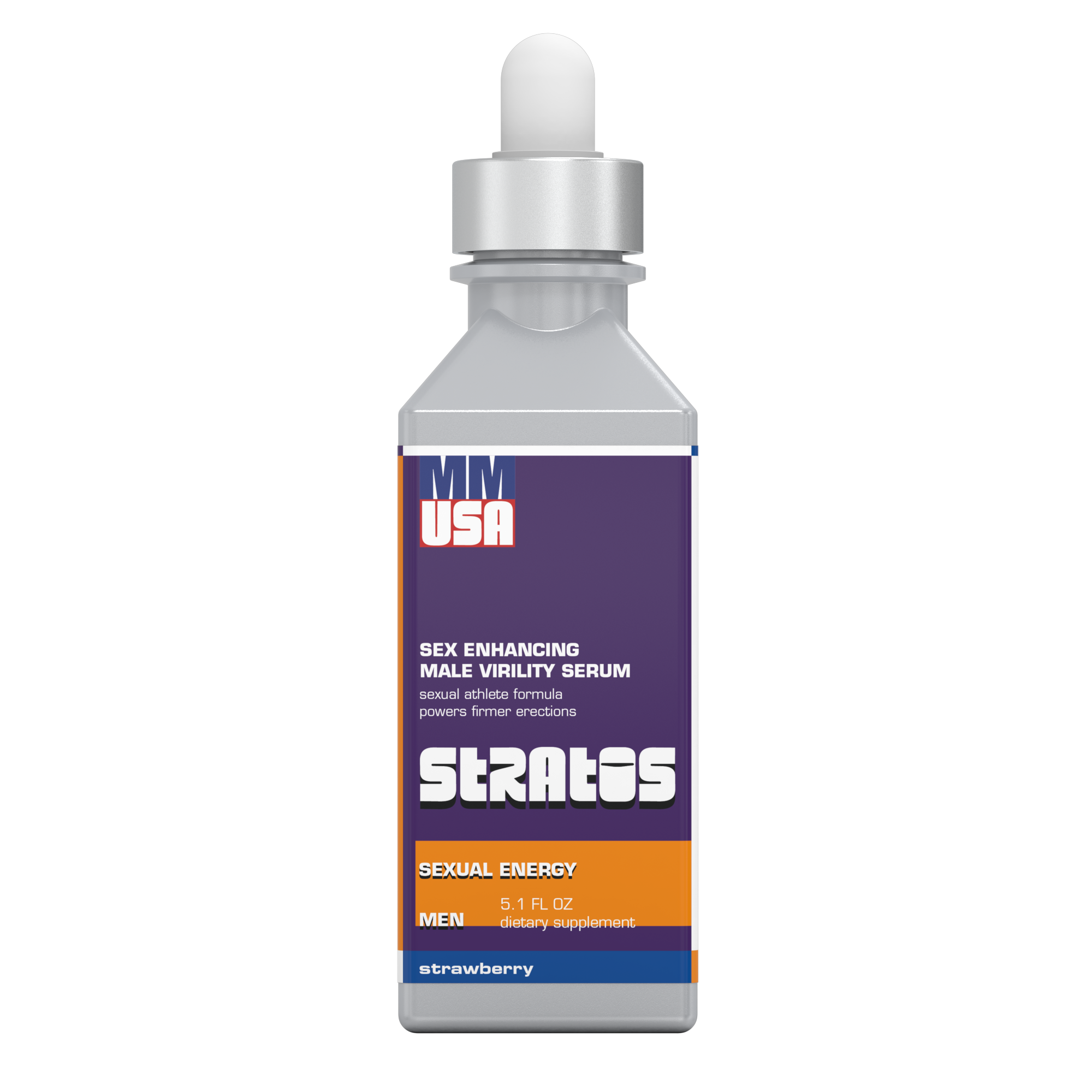 Stratos Sex Enhancing Male Virility Serum
Heightens arousal levels and b...
Stratos Sex Enhancing Male Virility Serum
Heightens arousal levels and b...
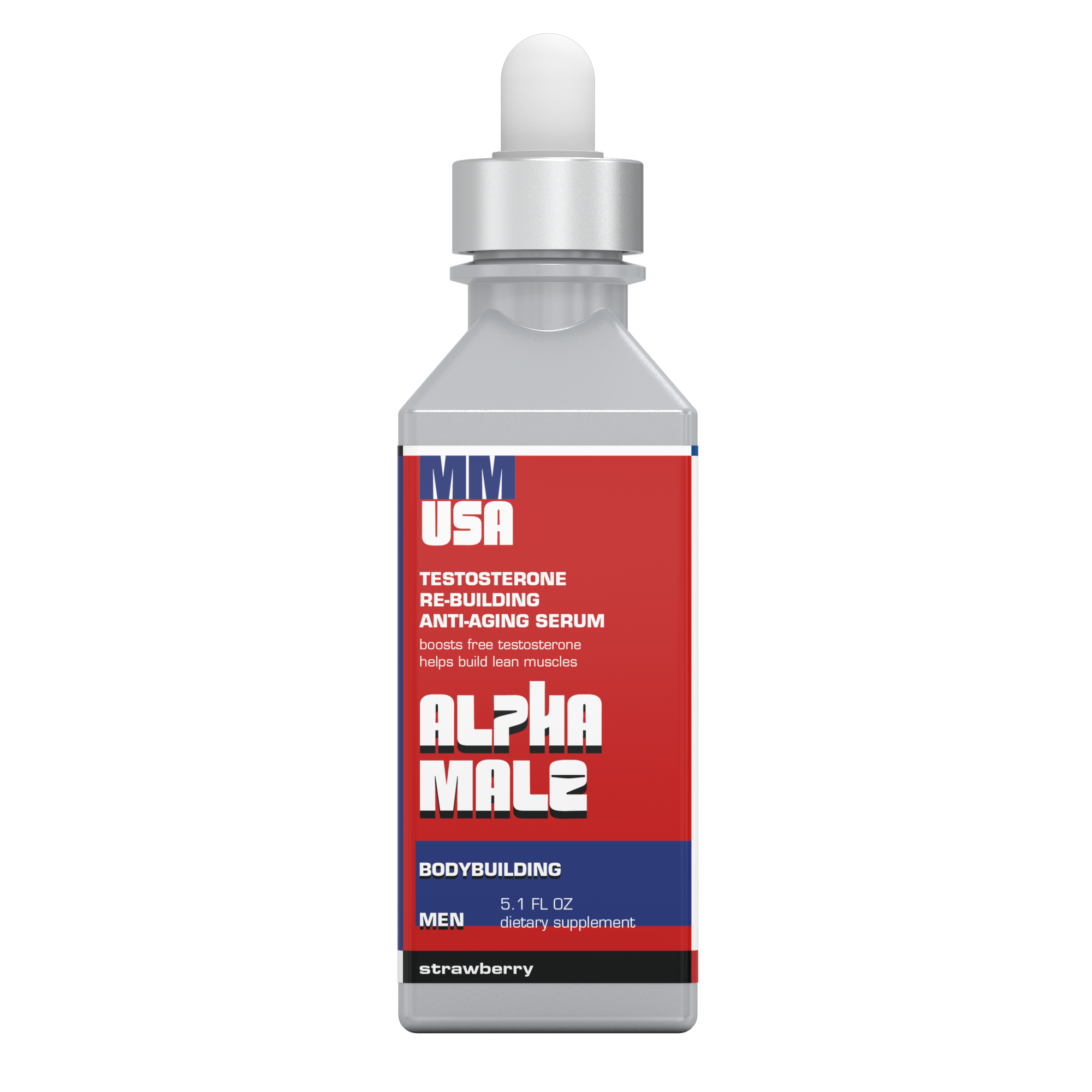 Alpha Male Testosterone Re-Building Serum
Stimulates male libido and pro...
Alpha Male Testosterone Re-Building Serum
Stimulates male libido and pro...
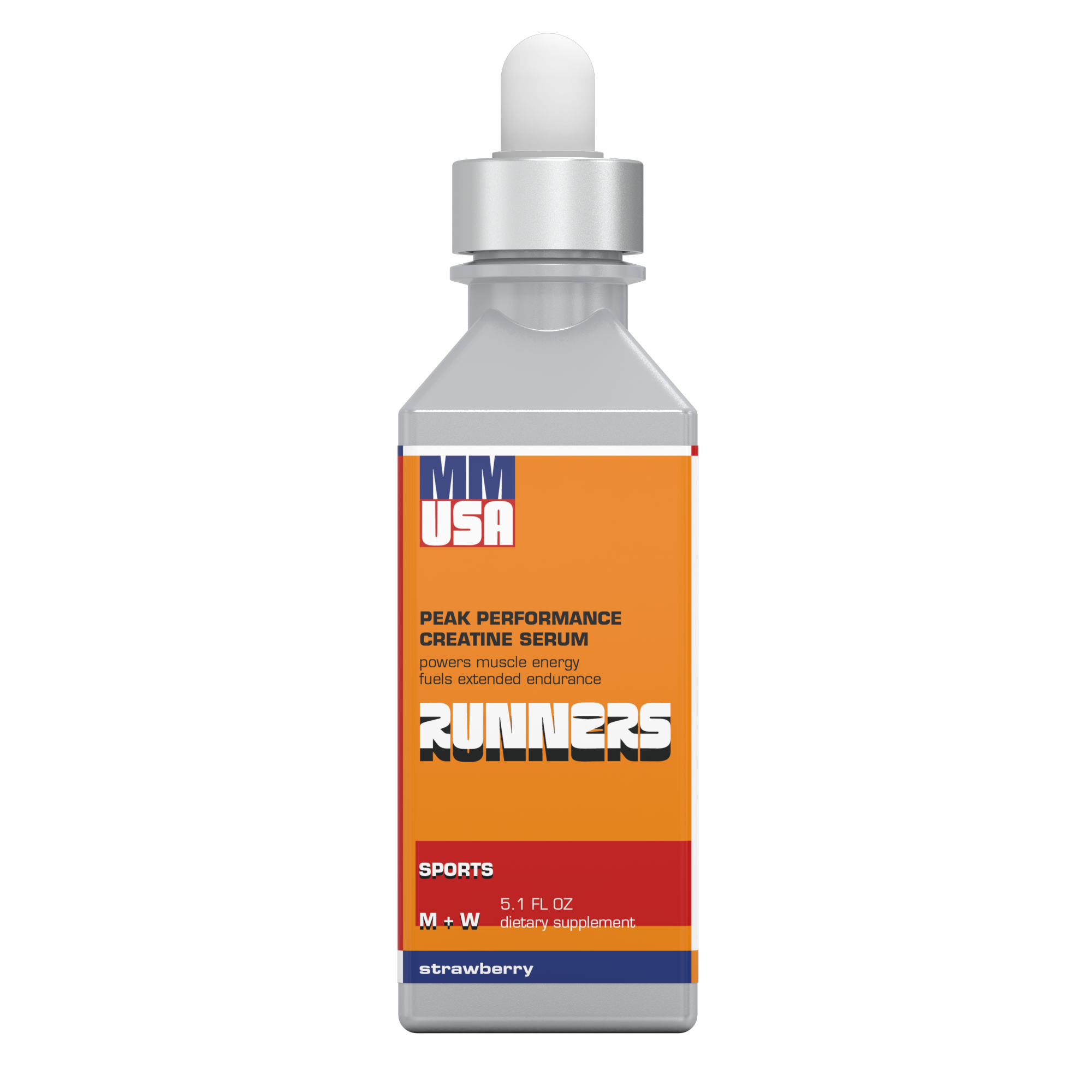 Runners Peak Performance Creatine Serum
Get extended endurance beyond ...
Runners Peak Performance Creatine Serum
Get extended endurance beyond ...
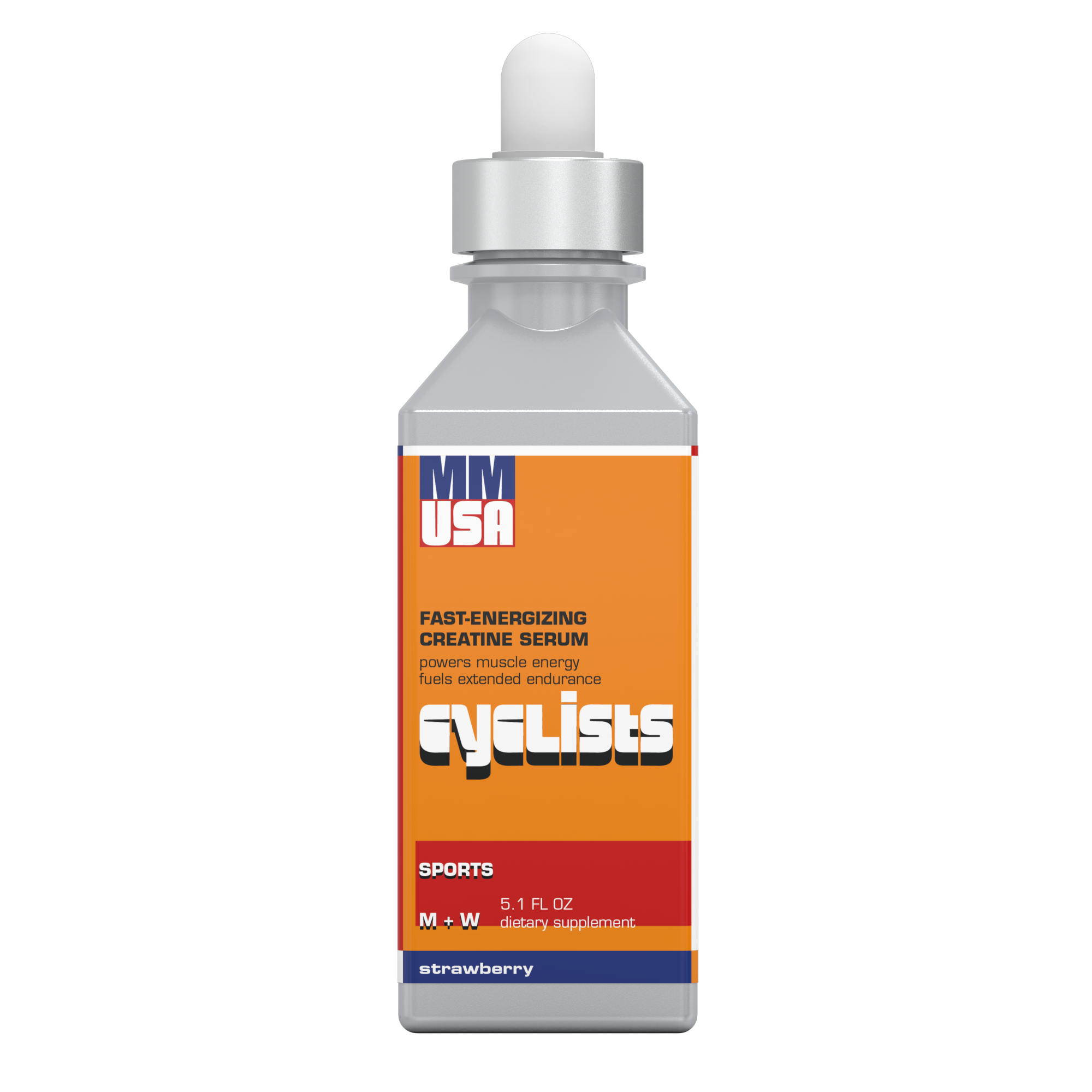 Cyclists Fast-Energizing Creatine Serum
Better strength, stamina, join...
Cyclists Fast-Energizing Creatine Serum
Better strength, stamina, join...
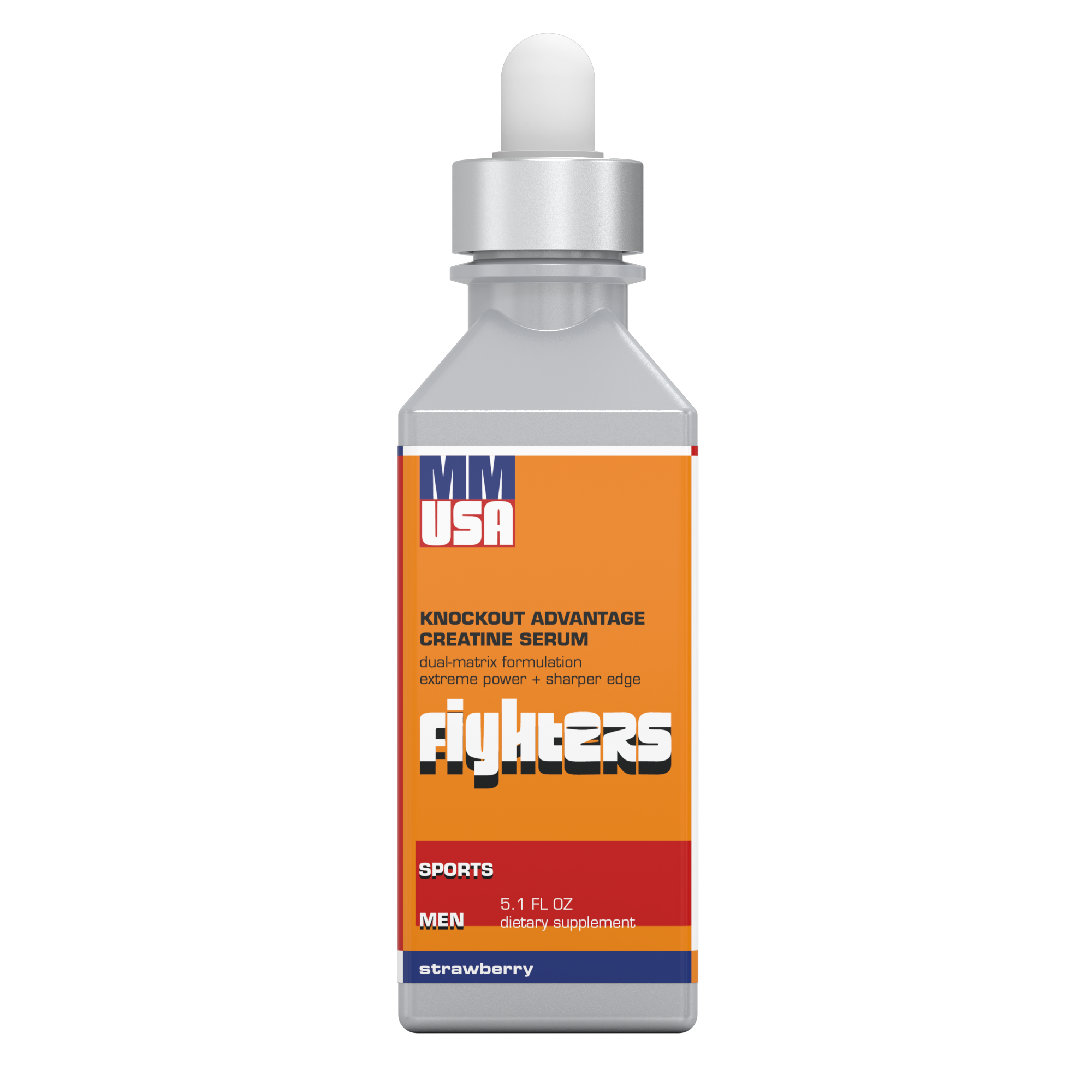 Fighters Knockout Advantage Creatine Serum
Gain amazing energy boost, ste...
Fighters Knockout Advantage Creatine Serum
Gain amazing energy boost, ste...
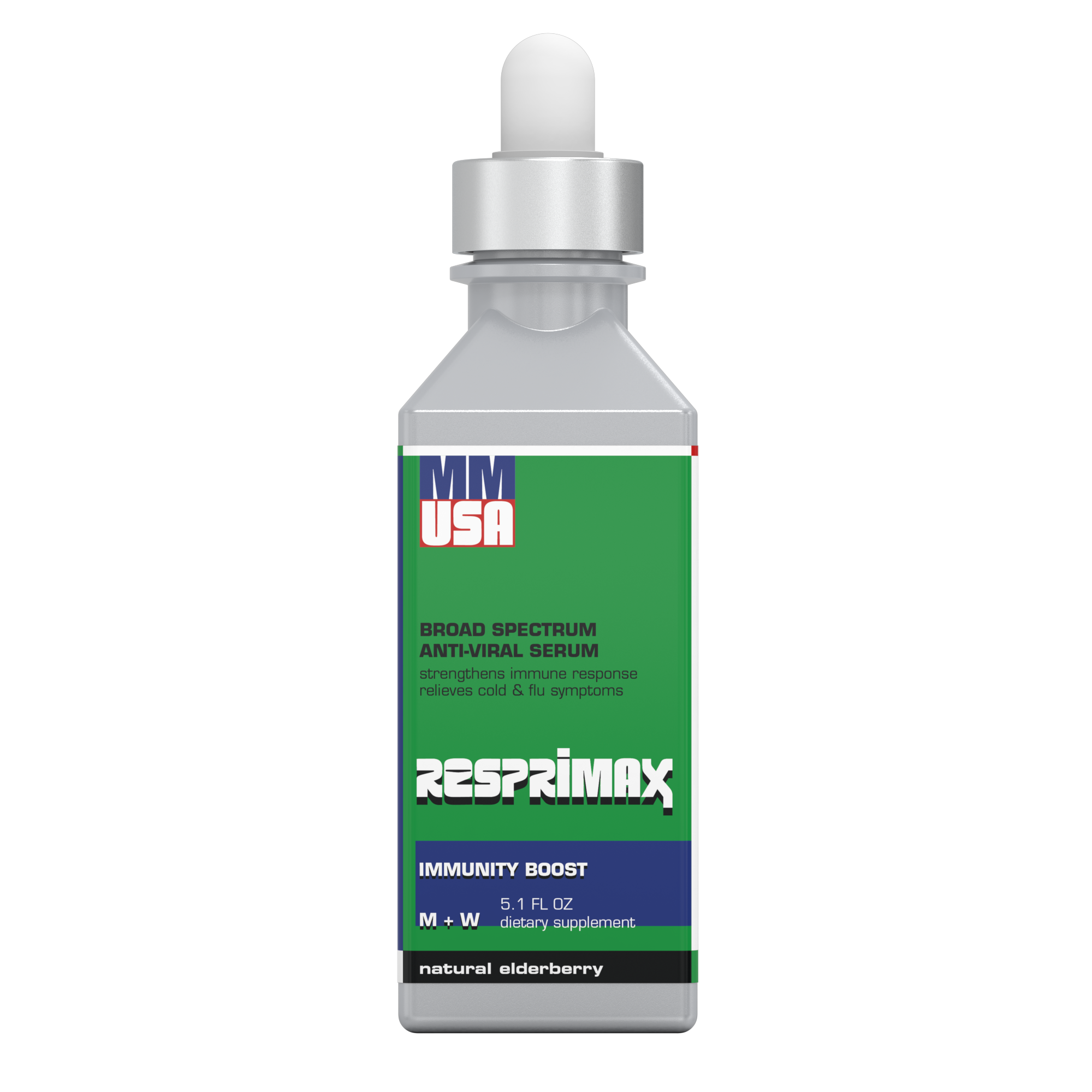 Resprimax Broad Spectrum Anti-Viral Serum
Improves immune response, reli...
Resprimax Broad Spectrum Anti-Viral Serum
Improves immune response, reli...
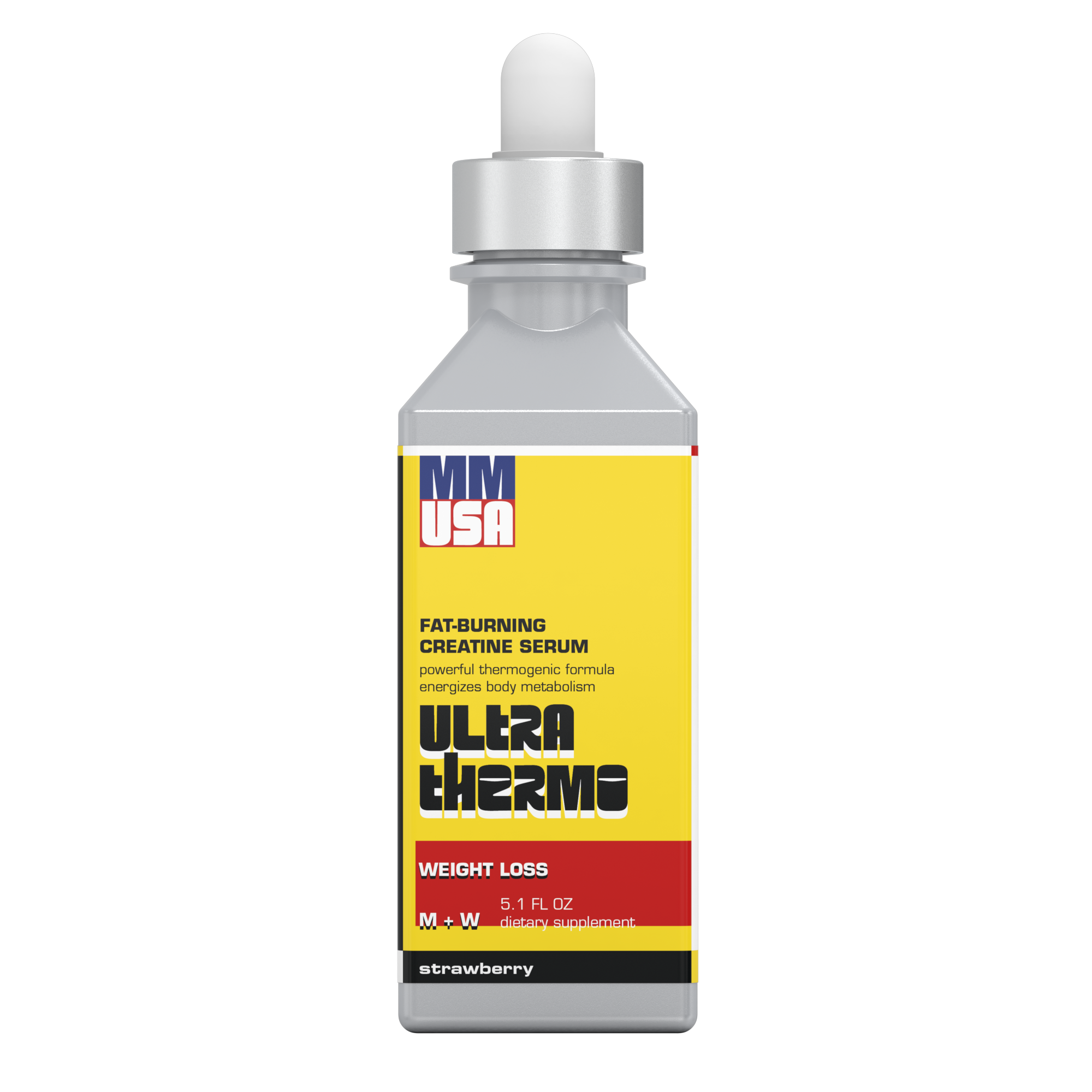 Ultra Thermo Fat-Burning Creatine Serum
Weight loss thermogenic formul...
Ultra Thermo Fat-Burning Creatine Serum
Weight loss thermogenic formul...
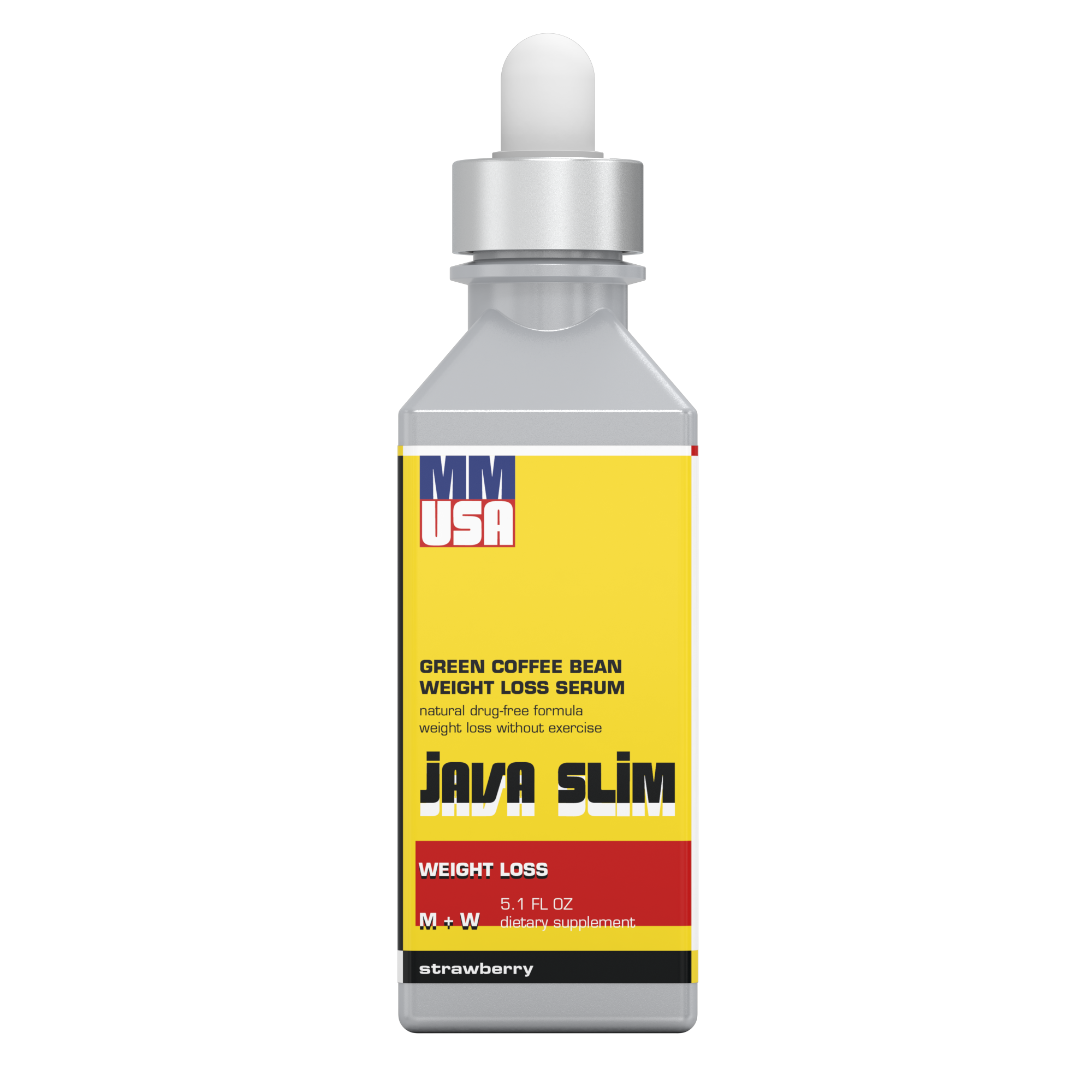 Java Slim Green Coffee Bean Weight Loss Serum
Blocks glucose absorption and ...
Java Slim Green Coffee Bean Weight Loss Serum
Blocks glucose absorption and ...



